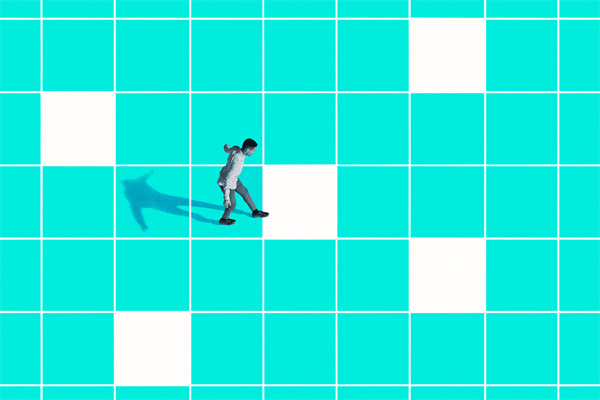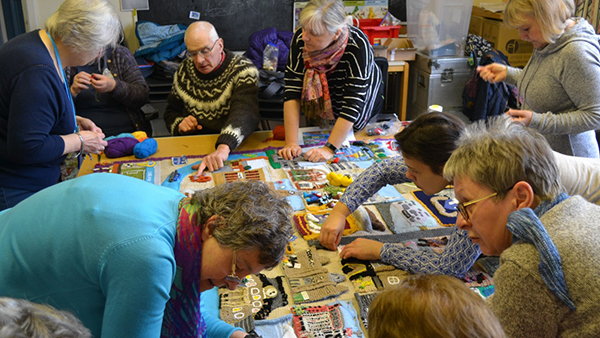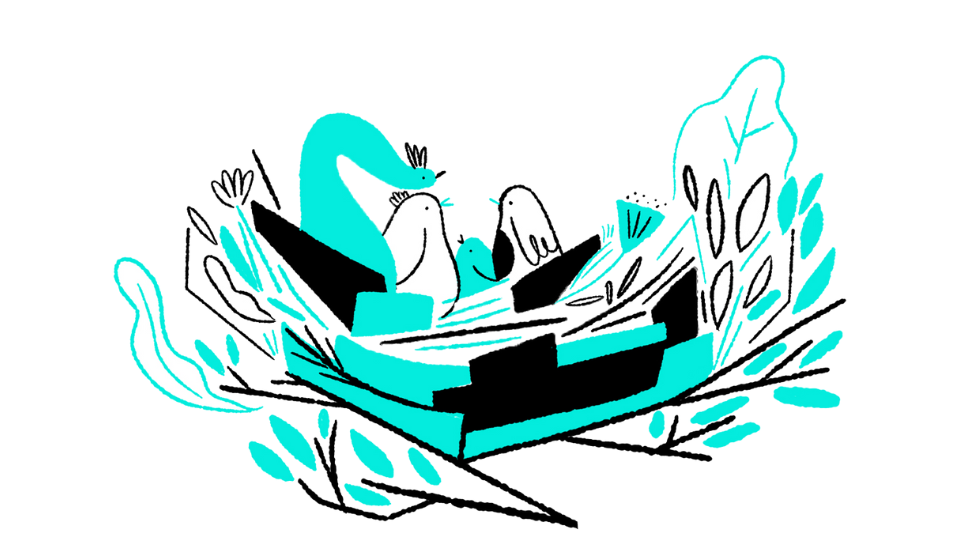2020s crises and change
How do communities respond to crisis to shape their long-term future?
Our research projects are about enabling people, places and the planet to flourish.
From education to healthcare, heritage to economic security we work on a range of issues where we can bring people and ideas together to create impact.

How do communities respond to crisis to shape their long-term future?

Supporting the implementation and regulation of CDC schemes.

Supporting the creation of local banks across the UK.

Renewing democracy by listening to people again.

Identifying where gaps in support – from the state, communities or employers – contribute to this rising tide of insecurity.

Supporting areas seeking to embed health outcomes in all economic development activity.

Exploring how using strategic foresight can help us make better policy.

We're working together with the Autodesk Foundation to deepen and scale the impact of global innovations in good work.

Exploring what heritage means to local people and how it can improve lives.

One of the largest ever studies in the UK on the value of arts education.

Could Leeds shape the future of fashion to be circular, where clothes are used more and made from safe and renewable resources?

Linear is out of fashion. Let’s design a circular future for our clothing.

Reducing regional inequality in the UK.

Exploring why school exclusions are increasing and how we can support students.

How do we make local education systems more inclusive and reduce preventable exclusions?

Can we extend the positive impact of volunteering to primary schools?

Exploring new ways of addressing the challenges NHS Lothian’s staff face in their work.

Social care isn't working. It's time to trust care workers.

We believe teachers’ motivations and experiences of high-quality youth social action represent an underexplored ‘third benefit’.

We're testing an innovative approach to lifelong learning, via a digital careers and employability coaching platform.

How we can help people take control of their own lives.

Exploring how money worries impact health.

Explore our past and completed projects.